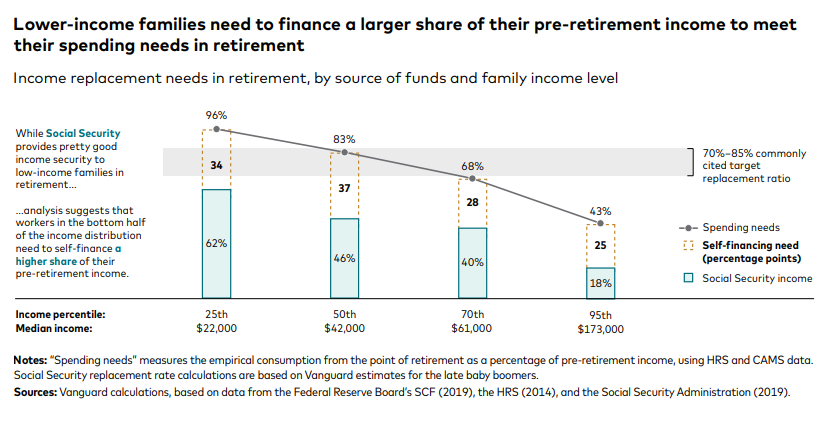This is a subtitle for your new post

Remember Conscious Spending
As you know I am a big proponent of conscious spending. An important point to remember about things you choose to spend money on, is that some assets depreciate in value, while others appreciate in value. The best kind of assets appreciate, while you also depreciate them for tax purposes – think of things like properties for example. I can claim a tax deduction for the depreciating value of the building, fixtures and contents, while the land value and rental returns appreciate and grow. That gives me a double bonus.
Cars are Expenses Not Investments
Cars however are generally – unless they are collectors’ items – solely depreciating assets. As soon as you take them out of the showroom, they lose 20% (or more) of their value. That’s why when you first buy or lease a car they will offer you gap insurance. Because the insurance value of the car is much less than what you paid for it – just 5 seconds ago.
Interestingly you will often find that the super wealthy aren’t the ones driving around in Lamborghinis and Ferraris. Those are the “want to be rich”, throwing away money on depreciating assets trying to look the part rather than growing their money to build lasting and generational wealth.
You’ve probably heard that those who win the lottery generally end up in debt by at least as much as they won as a result of not knowing how to manage and grow the money they won. Unfortunately this is also common with inherited wealth when the generations do not educate their heirs in the art of managing and growing their legacy. New wealth generally doesn't last more than around 3 generations.
Investable Assets
So what kind of assets should you be investing in? That depends on many things including your interests, your risk tolerance, your investment timeline and more. Options include property, the stock market, exchange traded funds, businesses, cash, bitcoin, gold, mutual funds, bonds, annuities, mortgages, investment life insurance and more. I know many people are afraid of any kind of “investment”, however diversification is your friend. Plus as I mentioned previously there are certain type of indexed investments that can protect your money from loss. A licensed wealth advisor can work with you to understand your financial goals your income and estate planning needs and recommend the best solutions for you.
Beware of Emotional Purchases
On the other side, spending your money on buying a fancy car – has literally the same financial impact as a bad investment. At the end of the car’s life you have neither the money or the car. At least with investing, while you may have a risk, the chances are you will end up growing your money over time on average across your investment portfolio. Especially if your portfolio includes indexed insured returns. Thanks to these new market linked indexed type investment funds, you can now guarantee that your investments won’t ever make a loss.
Given the high rates of growth/return they receive and the easy access to tax free policy loans, they can also be used to pay off debts including your mortgage in much less time, saving you hundreds of thousands in interest.






